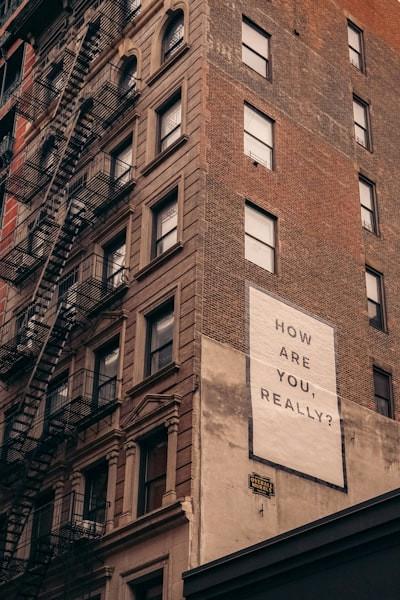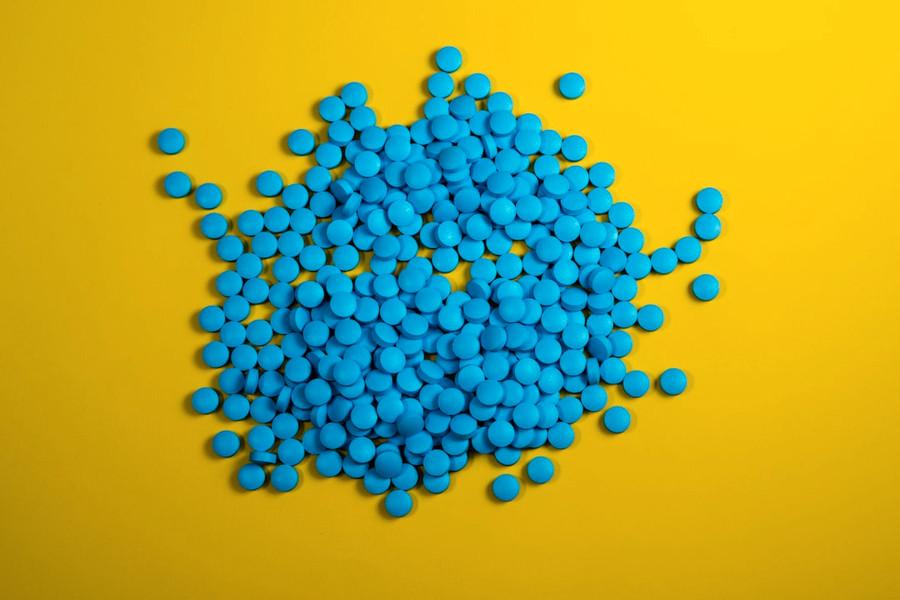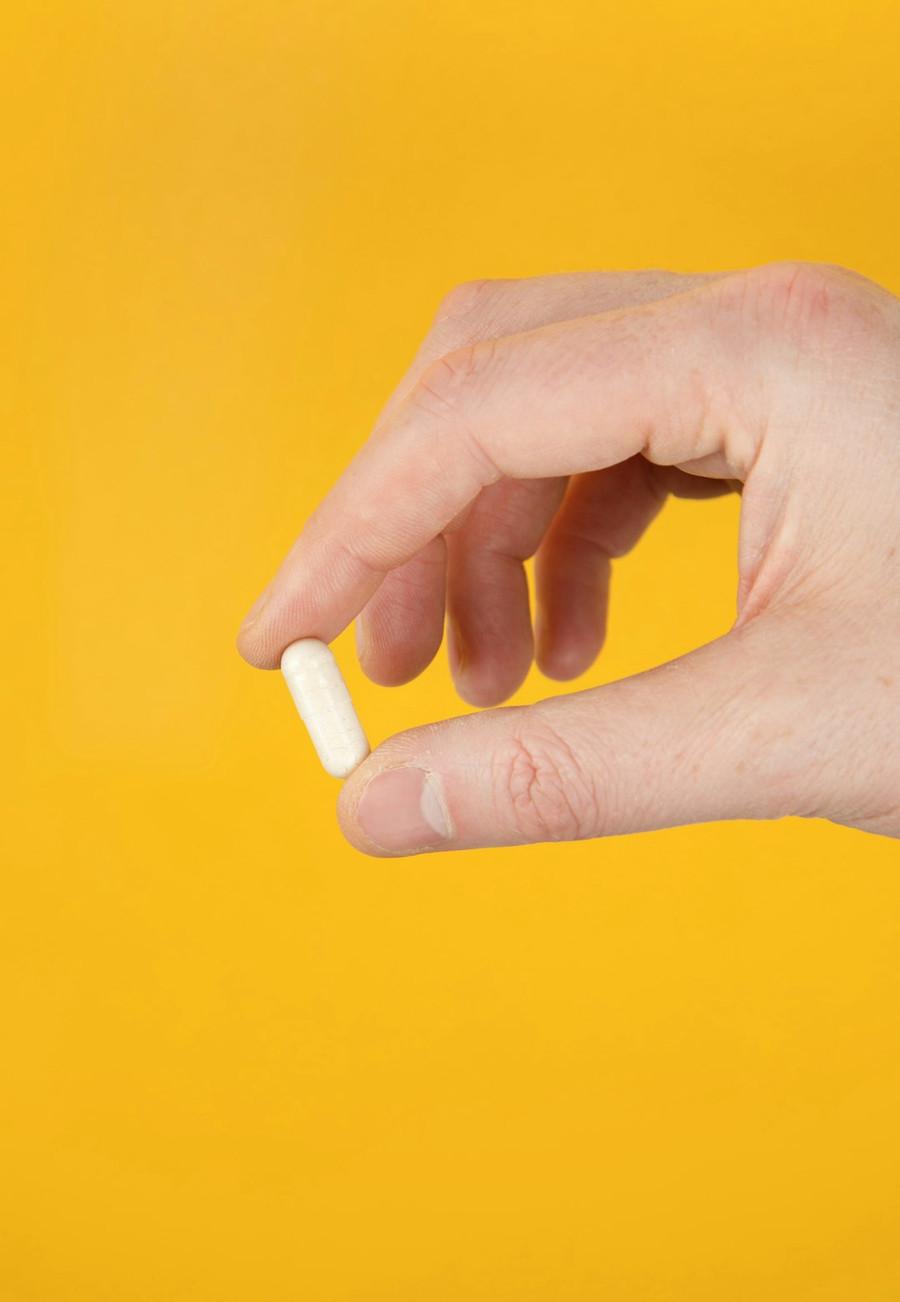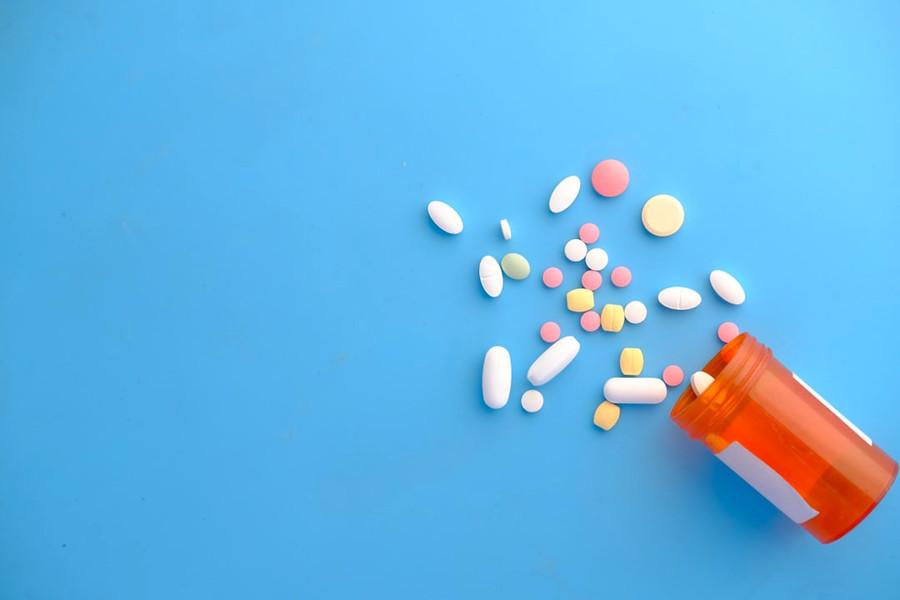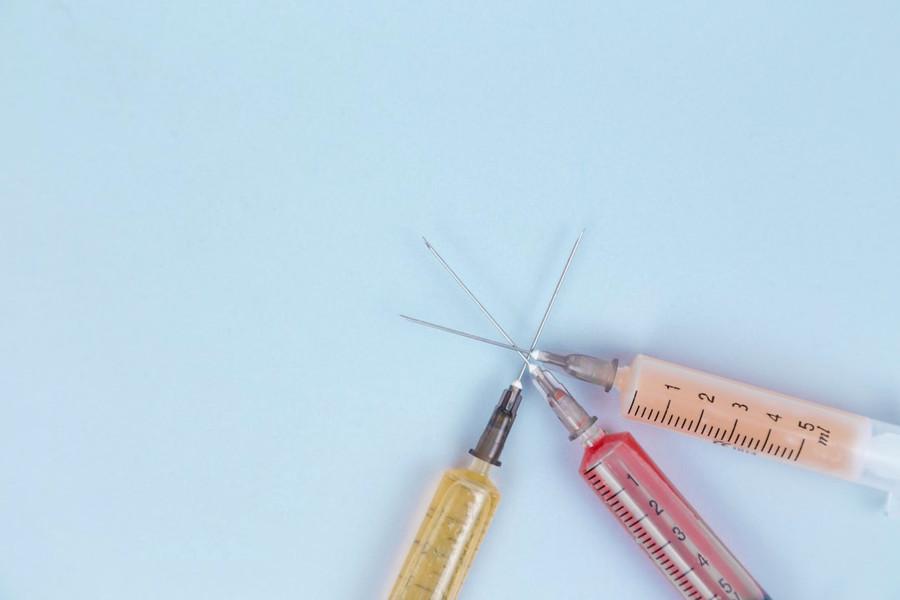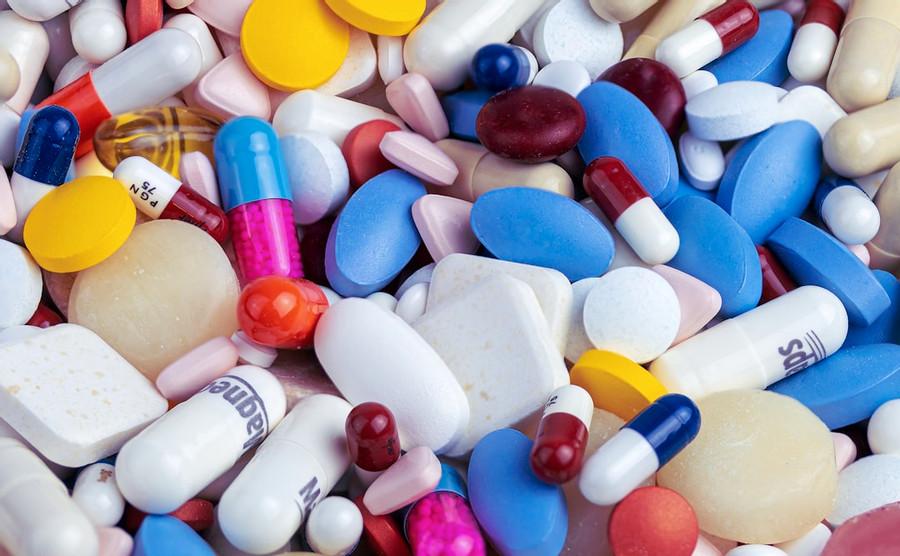Explore the World's Best Ideas
Join today and uncover 100+ curated journeys from 50+ topics. Unlock access to our mobile app with extensive features.
The Placebo
A placebo is a medical treatment that doesn’t contain any kind of medicine. In fact, it contains no active ingredients at all. But in many cases, placebos can have a therapeutic and sometimes dramatic effect.
Doctors would give placebos to patients that had little else to offer or seemed to have nothing wrong with them. They might give a patient a tincture of sugar water, or a pill filled with nothing but sugar, hoping that the patient’s belief in the medicine or trust in the physician would help relieve the symptoms.
10
41 reads
Nothing Is Better Than Something
To determine if a new drug is more effective than no therapy at all, researchers must account for the placebo effect. Simply receiving medicine is likely to influence some patients. This suggests when testing a drug, a response does not necessarily mean the medicine is superior to doing nothing.
8
44 reads
The Double-Blind Test
Today’s “gold standard” of drug testing is the double-blind, randomized controlled trial (RCT). In an RCT, some of the patients receive the actual drug; others receive a placebo. Neither the researchers nor the patients know who gets the drug and who gets the placebo, hence the “double-blind.” Experts won’t approve a drug if it is not more effective than a placebo.
9
39 reads
Sham Injections, Sham Pills And Sham Surgeries
Researchers have observed placebos producing changes in blood pressure and heart rate, as well as relieving pain, depression, anxiety and irritable bowel syndrome. Sham injections seem to work better than sham pills, large pills work better than small ones, and two pills are better than one.
In one study, a surgeon gave patients a sham knee surgery, where the surgeon made an incision, but did nothing to the knee before sewing it back up. The patients were just as likely to find relief as those who underwent the procedure.
9
29 reads
Why The Placebo Effect Works
It’s still a mystery how the placebo effect works. Some say it’s a matter of expectations. Some think it’s classical conditioning at work. We’re conditioned to feel better after taking medicine, so we do. The placebo effect on pain could be activating natural opioids in the brain as a response to the relationship between the physician and patient.
10
35 reads
The Ethics Of Placebo
But one thing is not a mystery. For all the good a placebo might do, lying to patients is not ethical. In clinical trials, the participants know that they may be in the group that gets a placebo.
However, experts could take advantage of the placebo effect without fraud — pious or otherwise. One of the most intriguing things about placebos is that they can work even when patients know they’re getting a placebo.
9
25 reads
IDEAS CURATED BY
Jackson E.'s ideas are part of this journey:
Learn more about psychology with this collection
Navigating and enjoying the thrill of horror and scare experiences
Historical knowledge of Halloween and its origins
Understanding and appreciating Halloween traditions worldwide
Related collections
Similar ideas
Read & Learn
20x Faster
without
deepstash
with
deepstash
with
deepstash
Personalized microlearning
—
100+ Learning Journeys
—
Access to 200,000+ ideas
—
Access to the mobile app
—
Unlimited idea saving
—
—
Unlimited history
—
—
Unlimited listening to ideas
—
—
Downloading & offline access
—
—
Supercharge your mind with one idea per day
Enter your email and spend 1 minute every day to learn something new.
I agree to receive email updates
